Private detective Philip Marlowe becomes embroiled in an investigation involving a wealthy Californian family after a beautiful blonde hires him to track down her former lover.
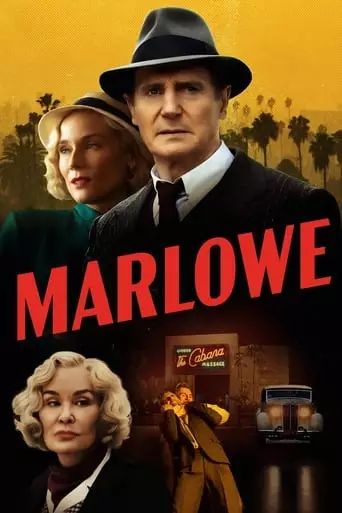
Private detective Philip Marlowe becomes embroiled in an investigation involving a wealthy Californian family after a beautiful blonde hires him to track down her former lover.
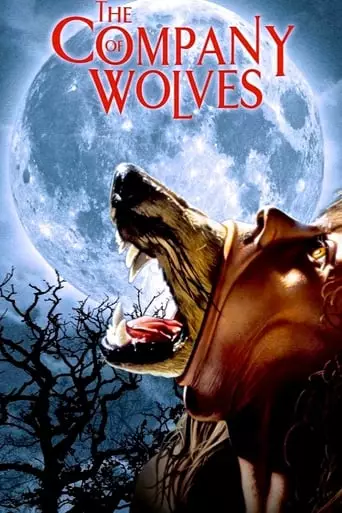
An adaptation of Angela Carter’s fairy tales. Young Rosaleen dreams of a village in the dark woods, where Granny tells her cautionary tales in which innocent maidens are tempted by […]
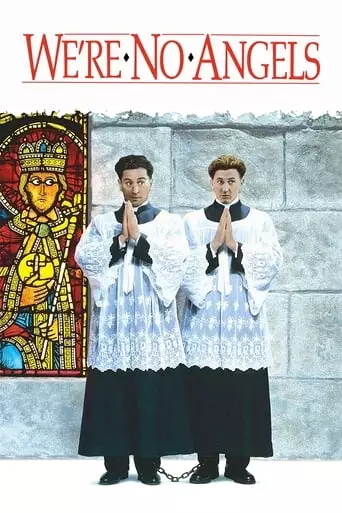
Two escaped cons’ only prayer to escape is to pass themselves off as priests and pass by the police blockade at the border into the safety of Canada.
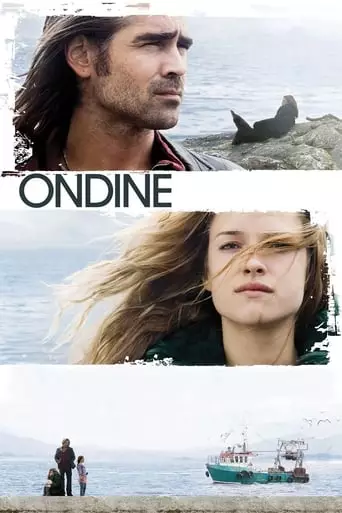
On the coast of Cork, Syracuse is a divorced fisherman who has stopped drinking. His precocious daughter Annie has failing kidneys. One day, he finds a nearly-drowned young woman in […]

Francie and Joe live the usual playful, fantasy filled childhoods of normal boys. However, with a violent, alcoholic father and a manic depressive, suicidal mother the pressure on Francie to […]
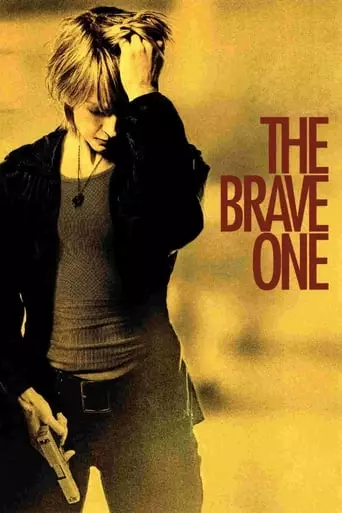
A woman struggles to recover from a brutal attack by setting out on a mission for revenge.
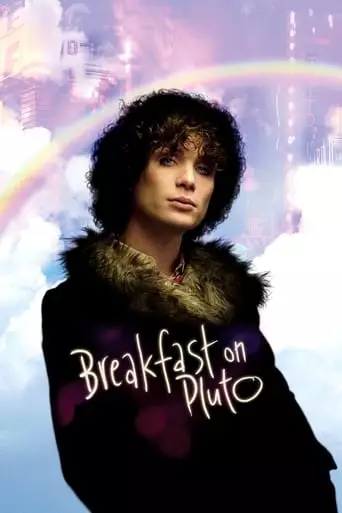
In the 1970s, a young transgender woman called “Kitten” leaves her small Irish town for London in search of love, acceptance, and her long-lost mother. Breakfast on Pluto (2005), directed […]
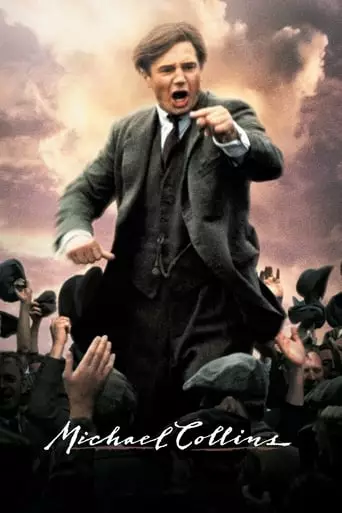
Michael Collins plays a crucial role in the establishment of the Irish Free State in the 1920s, but becomes vilified by those hoping to create a completely independent Irish republic.
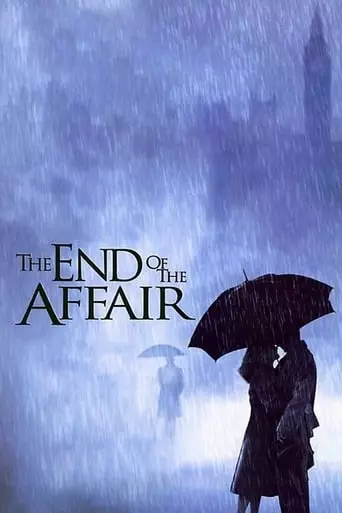
On a rainy London night in 1946, novelist Maurice Bendrix has a chance meeting with Henry Miles, husband of his ex-mistress Sarah, who abruptly ended their affair two years before. […]
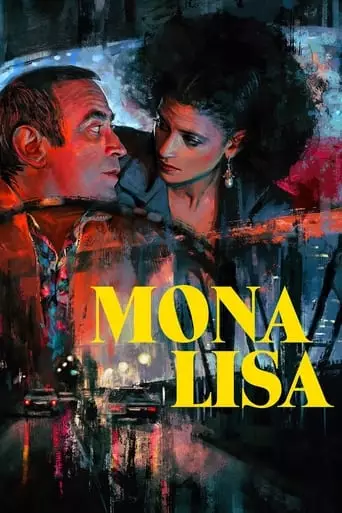
George is a small-time crook just out of prison who discovers his tough-guy image is out of date. Reduced to working as a minder/driver for high class call girl Simone, […]
Neil Jordan: Master of the Dark and Fantastic
Neil Jordan is a filmmaker whose work often blurs the line between the fantastical and the real, with a penchant for exploring the darker aspects of human nature. With films ranging from gothic thrillers to dramatic explorations of identity, Jordan has established himself as a director with a distinctive voice and an ability to create atmospheres that linger long after the credits roll. His films are often marked by complex characters, twisted plots, and a sense of both beauty and unease, making him one of the most versatile and intriguing directors of his generation.
Early Life and Career Beginnings
Neil Jordan was born on February 25, 1950, in Sligo, Ireland. His early interest in writing and the arts eventually led him to the University College Dublin, where he studied English and History. Jordan initially pursued a career in literature and screenwriting, contributing to the world of Irish theater before moving on to film. His first significant foray into filmmaking came in the early 1980s when he co-wrote the screenplay for The Company of Wolves (1984), a dark fantasy directed by the acclaimed filmmaker John Boorman.
However, it was Jordan’s debut feature as a director that truly launched his career in cinema. His first film, Angel (1982), a gritty drama about a young girl living in London, displayed his talent for weaving complex human stories with a touch of darkness and mystery.
Breakthrough: The Company of Wolves (1984)
Jordan’s second film, The Company of Wolves, marked a pivotal moment in his career. Based on the works of Angela Carter, particularly her short story collection The Bloody Chamber, the film is a reimagining of the Little Red Riding Hood fairy tale, infused with Gothic horror and sexual themes. The film’s striking visual style, blending fantasy and horror with a sense of dreamlike surrealism, showcased Jordan’s ability to create worlds that are both beautiful and unsettling. Although not a commercial success, The Company of Wolves became a cult classic and earned Jordan critical acclaim for his unique approach to storytelling.
Interview with the Vampire (1994): A Landmark Success
Neil Jordan’s career reached a new level of prominence with the release of Interview with the Vampire in 1994. Based on Anne Rice’s best-selling novel, the film starred Tom Cruise as the charismatic yet sinister vampire Lestat, Brad Pitt as the tortured Louis, and Kirsten Dunst as the eternally young Claudia. The film is both a gothic romance and a meditation on immortality, loss, and the consequences of eternal life.
Interview with the Vampire was a massive commercial success and cemented Jordan’s reputation as a director capable of handling large-scale productions with both emotional depth and visual flair. The film’s lush cinematography, along with its haunting score by Elliot Goldenthal, made it one of the most visually striking horror films of the 1990s. Jordan’s ability to infuse the vampire genre with philosophical themes set the film apart from others in the genre, and it remains a defining work in his career.
Exploring Identity and Gender: The Crying Game (1992)
Released just two years before Interview with the Vampire, The Crying Game is perhaps Jordan’s most critically acclaimed film. A complex drama that explores themes of identity, gender, and personal transformation, the film centers on the relationship between Fergus (Stephen Rea), a member of the Irish Republican Army, and Dil (Jaye Davidson), a woman with a secret that challenges Fergus’ perceptions of masculinity, love, and loyalty.
The Crying Game was a breakthrough in many ways. It was both a critical and commercial success, receiving six Academy Award nominations, including Best Picture, and winning Best Original Screenplay. The film’s exploration of gender identity, sexual fluidity, and the complexity of human relationships was groundbreaking at the time, and it remains one of the most influential films of the 1990s.
Further Ventures into the Dark and Fantastic
After Interview with the Vampire and The Crying Game, Jordan continued to delve into complex, often dark subject matter, with a mix of commercial and more experimental films:
Michael Collins (1996): A biographical drama about the Irish revolutionary leader Michael Collins, this film allowed Jordan to showcase his ability to handle historical subject matter while still imbuing the story with personal and emotional drama. The film, starring Liam Neeson as Collins, was both a critical success and an international hit.
The End of the Affair (1999): Based on the novel by Graham Greene, this film explores the destructive nature of love and faith during and after World War II. Starring Ralph Fiennes and Julianne Moore, The End of the Affair is an emotionally charged, atmospheric drama, with Jordan’s direction offering a deeply nuanced look at the complexities of human desire and guilt.
Breakfast on Pluto (2005): A dark comedy and musical drama, this film tells the story of Patrick “Kitten” Braden, a transgender woman searching for her long-lost mother in 1970s Ireland. Breakfast on Pluto further explored themes of identity, gender, and belonging, and featured a standout performance by Cillian Murphy.
Ondine (2009): This romantic fantasy tells the story of a fisherman (Colin Farrell) who discovers a mysterious woman (Alicja Bachleda) whom he believes may be a selkie, a mythical creature from Irish folklore. The film blends magical realism with grounded drama, continuing Jordan’s exploration of the fantastical and the human heart.
Themes and Style
Neil Jordan’s films often grapple with themes of identity, transformation, and the tension between the fantastical and the real. He is known for his ability to explore characters on the margins of society, often placing them in extraordinary or unsettling circumstances that reveal deeper truths about human nature. His use of mythology, folklore, and the supernatural provides a rich backdrop for these themes, often creating a sense of ambiguity between reality and fantasy.
Jordan also frequently examines gender, sexuality, and the complexities of personal identity, often tackling taboo subjects with sensitivity and nuance. Whether in the form of a gender-bending character in The Crying Game or the exploration of sexuality in Interview with the Vampire, his films challenge traditional notions of identity and make space for characters to be seen in all their complexity.
Visually, Jordan is known for his atmospheric and often lush cinematography, creating worlds that are both beautiful and unsettling. His films can be stark and realistic or richly stylized, but they always possess a distinctive mood that resonates with audiences.
Legacy and Influence
Neil Jordan’s work has made a lasting impact on cinema, particularly in the genres of gothic horror, fantasy, and drama. His ability to combine fantastical elements with human stories has influenced a generation of filmmakers who seek to explore the intersection of the supernatural and the everyday. Jordan’s films are also notable for their nuanced portrayals of complex characters, particularly in terms of gender and sexuality, helping to pave the way for more inclusive and diverse representation in mainstream cinema.
Conclusion
Neil Jordan’s career is marked by an unflinching commitment to exploring the darker corners of the human experience, whether through gothic horror, political drama, or psychological exploration. His films are characterized by their complex characters, rich storytelling, and ability to balance the fantastical with the deeply emotional. With works like The Crying Game, Interview with the Vampire, and Michael Collins, Jordan has carved out a niche as one of the most unique and compelling voices in modern cinema, continuing to push boundaries and challenge audiences with every new project.